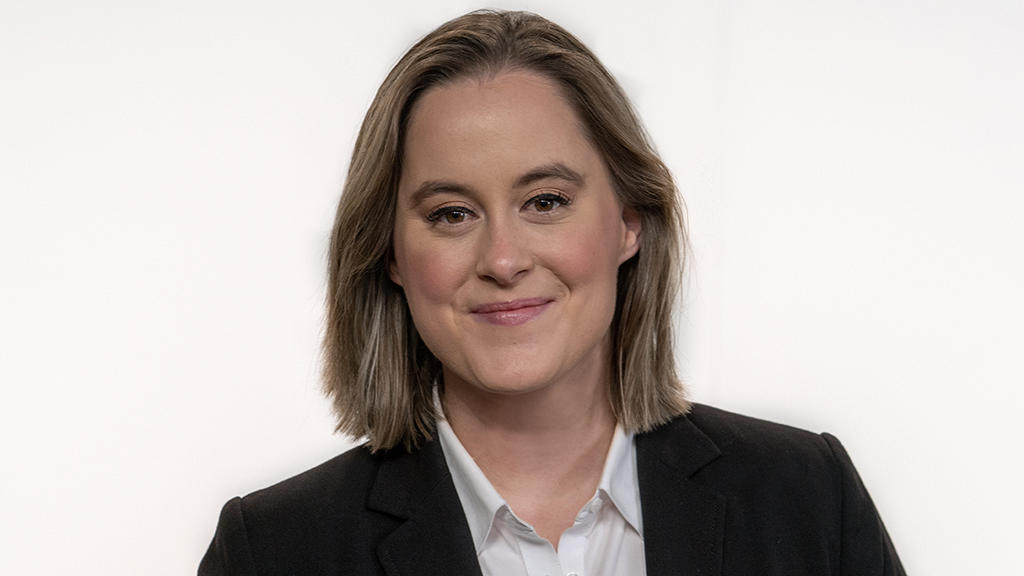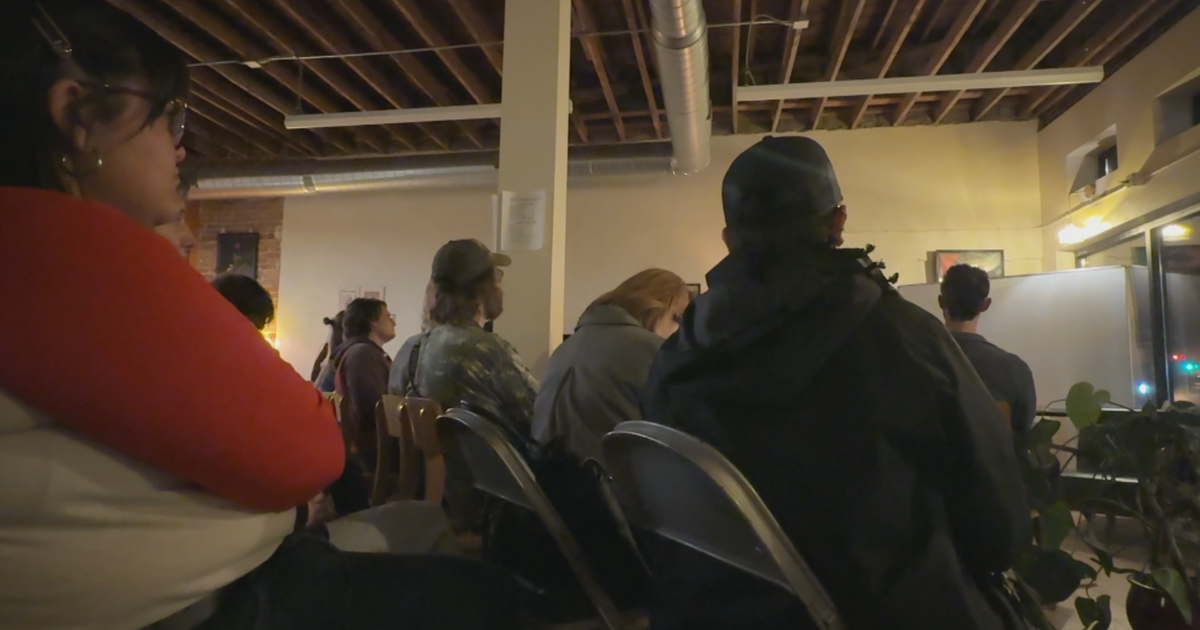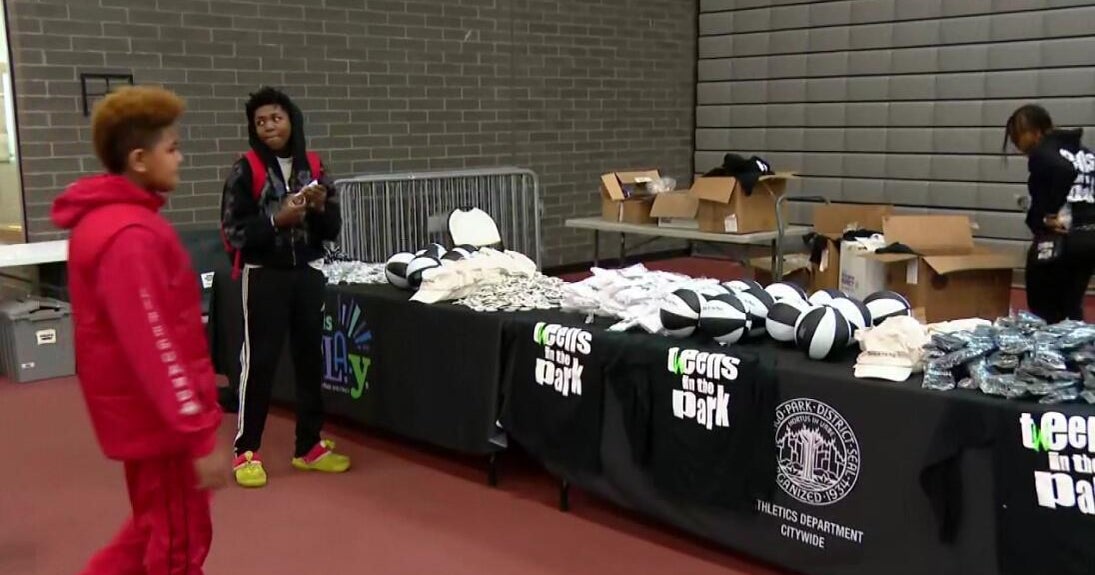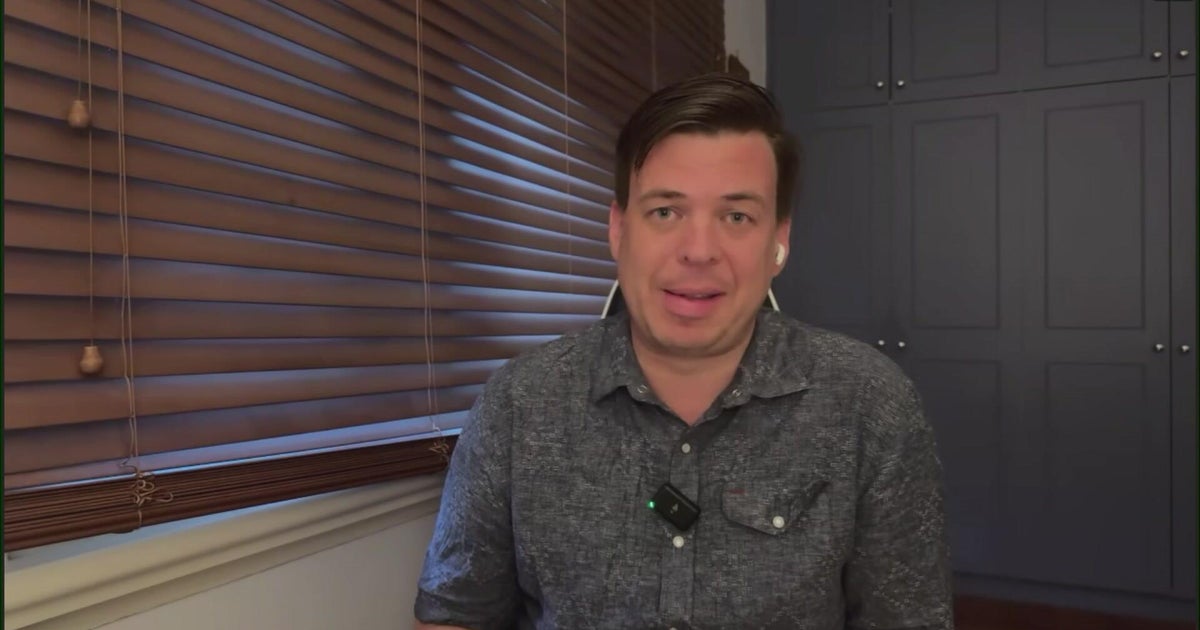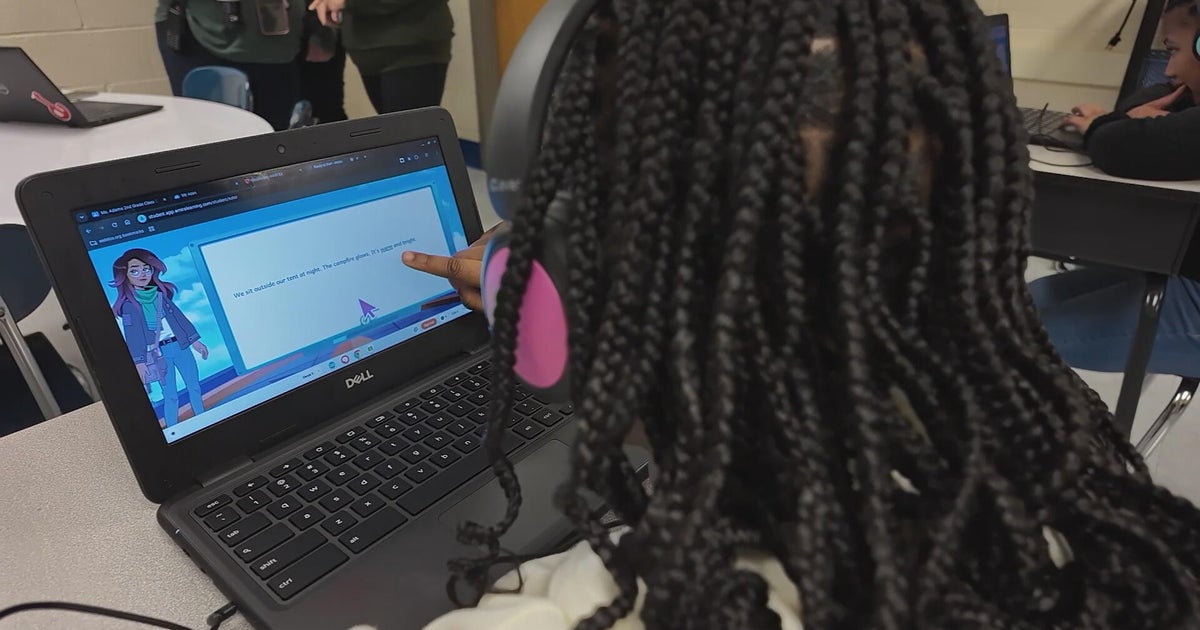Massachusetts towns host banned book readings to promote freedom to read and write
NEWTON - After a significant increase in banned books across the country, towns in Massachusetts are hosting banned book readings to promote freedom to write and freedom of speech.
Fahrenheit 451, a book about the dangers of banning books, is just one novel banned in some public schools across the United States.
"It's scary, you really want to make sure materials are available for people of all ages. When they're removed, it makes it harder for people to learn about different ideas," said Jill Mercurio, the director of the Newton Free Library, where banned books are available for children, teens and adults to read.
According to non-profit organization Pen America, book bans in public schools have increased by 33% between 2021 and 2022, with 40% of all book bans occurring in the state of Florida.
"Libraries are fundamental to giving people options to read and explore," said Mercurio. "Book banning has been part of our history, our global history for a very long time. People weren't taught how to read but also weren't allowed access to public materials."
"That is censorship. And there is freedom to read and that's always based in public libraries and in public schools," said Massachusetts Rep. Jim Hawkins, who authored a bill ensuring freedom to read and the freedom of libraries to acquire materials without limitation. "The books that are available are already chosen by professionals who consider the entirety of the book and consider whether it's appropriate."
Hawkins represents the town of Attleboro, whose library is also hosting readings and other activities during Banned Book Week, running through Oct. 7.
"We're going to start not talking about things, the Holocaust or the Japanese internment camps, there's ethnic groups that will be harmed, we need children to have the freedom to read about everything in our lifestyle," said Hawkins.
Hawkins' proposal is not the only piece of legislation banning book banning. There are two other proposals in the pipeline that will face public comment before potentially being voted on. Hawkins is hoping his legislation is passed by next spring.
